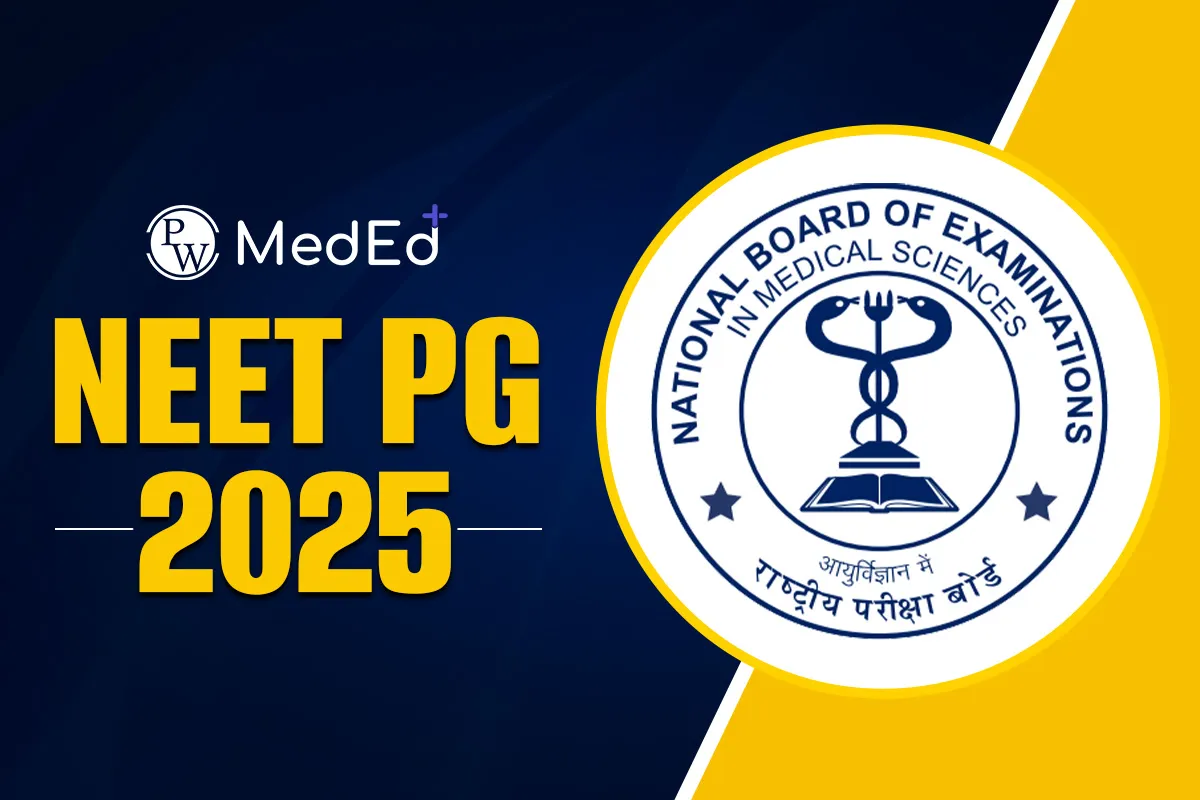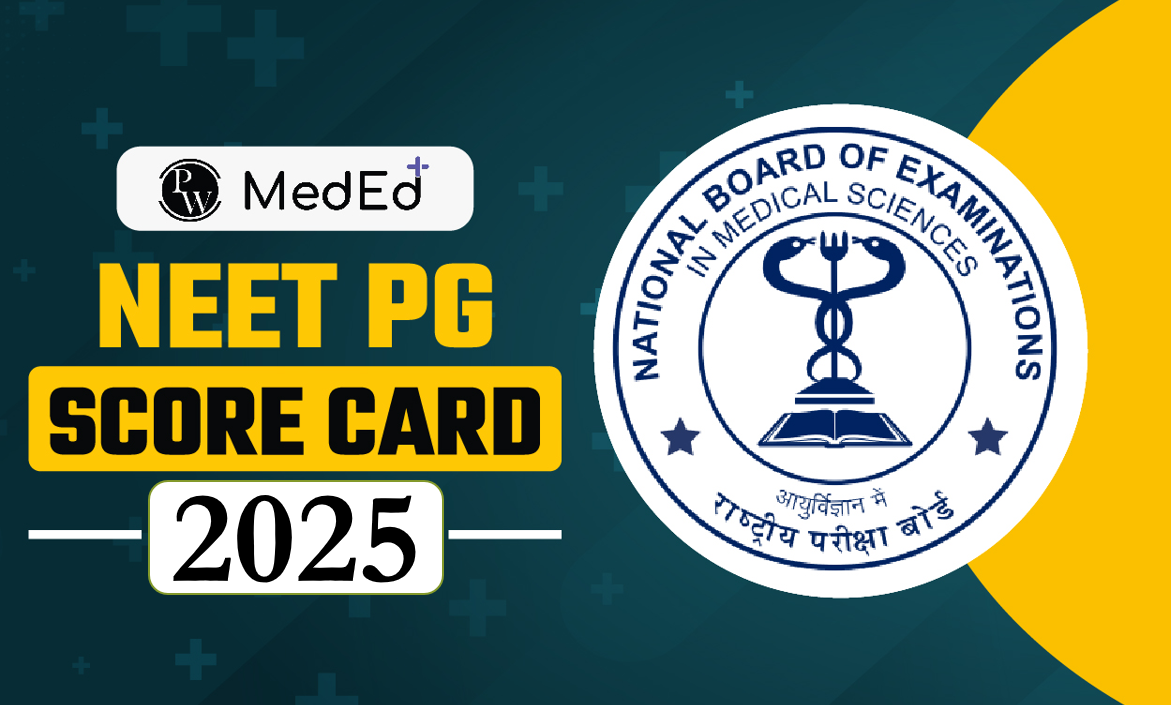

Is MBA After MBBS Possible?: Yes, pursuing an MBA after completing an MBBS degree is not only possible but also highly beneficial. It enhances the managerial and leadership skills of medical professionals while offering significant career advancements, including higher salary packages and broader opportunities in healthcare administration, hospital management, and entrepreneurship. This combination of medical and business expertise opens doors to roles beyond clinical practice, enabling doctors to transition into administrative positions and take on leadership roles in healthcare institutions. An MBA equips doctors with essential management, leadership, and financial skills needed to run healthcare facilities efficiently, increasing their earning potential and career growth. With various MBA options available, including full-time, part-time, and online programs, doctors can specialize in healthcare management or hospital administration, making a significant impact on the healthcare industry while advancing their careers.
Understanding MBBS
The Bachelor of Medicine and Bachelor of Surgery (MBBS) is a five-and-a-half-year degree program, including a mandatory one-year internship. It covers subjects such as physiology, biochemistry, pathology, pharmacology, microbiology, and anatomy. MBBS graduates serve as the first point of contact for patients experiencing health issues.
In India, over 500 medical colleges offer MBBS programs. Admission to these colleges is granted based on the National Eligibility cum Entrance Test (NEET), where candidates must secure at least a 50th percentile score. However, top medical schools like AIIMS require a much higher percentile.
Scope After MBBS
The demand for doctors in India has significantly increased due to the growing population and evolving healthcare needs. Various specializations are in high demand, including:
- Orthopedics
- Internal Medicine
- Pediatrics
- ENT
- Pathology
- Anesthesia
- Ophthalmology
- Surgery
- Geriatrics
- Diabetology
- Cardiology
- Oncology
With an MBA, doctors can expand their career scope beyond clinical practice and explore managerial and administrative roles.
Why Pursue an MBA After MBBS?
An MBA after MBBS is an excellent option for doctors looking to explore healthcare management, hospital administration, or business opportunities. It provides a strong foundation in management, finance, and marketing, which are crucial for running healthcare institutions efficiently.
Benefits of an MBA for Doctors
- Business Knowledge: MBBS curricula focus on clinical expertise, but an MBA imparts essential business and management skills required for running a healthcare facility.
- Management and Leadership Skills: Running a hospital or clinic requires strong leadership and management abilities, which an MBA helps develop.
- Career Expansion: Doctors can transition into administrative roles within private and government healthcare organizations.
- Technical Advancement: An MBA helps doctors understand and implement modern technology in healthcare management.
- Higher Salary Prospects: MBA graduates can earn significantly higher salaries, especially in hospital management and pharmaceutical industries.
- Entrepreneurial Opportunities: A doctor with an MBA can start their hospital, healthcare startup, or medical research firm.
Types of MBA Courses After MBBS
Doctors can choose from various types of MBA programs based on their career aspirations and availability:
- Full-time MBA
- Part-time MBA
- Online MBA
- Executive MBA
- Distance MBA
Specializations for Doctors
Some MBA specializations particularly relevant to doctors include:
- MBA Healthcare Management
- MBA Hospital Management
- MBA Healthcare and Hospital Administration
- MBA Pharmaceutical Management
- PG Diploma in Healthcare Management
Entrance Exams for MBA After MBBS
To secure admission into a top business school, candidates must clear MBA entrance exams. Some popular options include:
|
Exam Name |
Commonly Known As |
|
AIMS Test for Management Admissions |
ATMA |
|
Common Admission Test |
CAT |
|
Common Management Admission Test |
CMAT |
|
ICFAI Business Studies Aptitude Test |
IBSAT |
|
Indian Institute of Foreign Trade Exam |
IIFT |
|
MICA Admission Test |
MICAT |
|
NMAT by GMAC |
NMAT |
|
Symbiosis National Aptitude Test |
SNAP |
|
Tata Institute of Social Sciences National Entrance Test |
TISSNET |
|
Xavier Aptitude Test |
XAT |
IIM After MBBS
Doctors can pursue an MBA from prestigious institutions like the Indian Institutes of Management (IIMs). With 20 IIMs across India, these institutes offer world-class education in business, finance, marketing, and operations, helping doctors excel in the corporate and healthcare sectors.
Notable Example: Dr. Peeyosh Maharana
Dr. Peeyosh Maharana, a graduate of Gandhi Medical College and IIM Udaipur, is a prime example of how an MBA after MBBS can open doors in healthcare management. He has successfully contributed to the Indian healthcare sector by integrating his medical expertise with business management skills.
Salary After MBA Following MBBS
The salary of an MBBS graduate varies based on experience:
- Fresh MBBS graduates earn around ₹20,000 - ₹40,000 per month.
- With experience, doctors earn between ₹9 lakh - ₹11 lakh per annum.
- MBBS graduates with an MBA can earn between ₹70,000 - ₹2.5 lakh per month, especially in hospital administration roles.
Top MBA Colleges in India Accepting CAT Score
If you're considering an MBA after MBBS, here are some top colleges accepting CAT scores:
- IIM Ahmedabad
- IIM Bangalore
- IIM Calcutta
- IIM Lucknow
- FMS Delhi
- XLRI Jamshedpur
- SPJIMR Mumbai
- ISB Hyderabad
- TISS Mumbai
An MBA after MBBS is a great option for doctors looking to venture into healthcare management, administration, or entrepreneurship. It enhances career prospects, increases earning potential, and allows medical professionals to make a significant impact on the healthcare industry. Whether through a full-time, part-time, or online MBA, doctors can achieve their career goals while continuing their medical practice.
Is MBA After MBBS Possible? FAQs
Is it possible to pursue an MBA after MBBS?
What is the scope for doctors after completing an MBA?
What are the benefits of an MBA for doctors?
What types of MBA programs are available for doctors after MBBS?
How can doctors prepare for MBA entrance exams?













